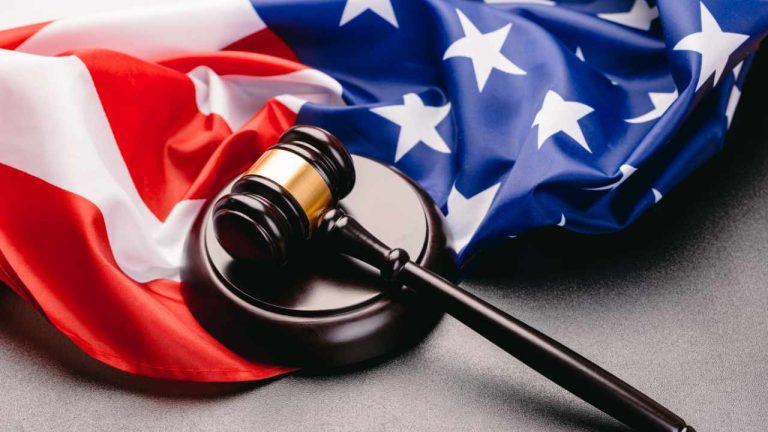
The recent decision by the Supreme Court to not review a significant crypto privacy case has significant implications for the cryptocurrency community. The case in question centered around the Internal Revenue Service’s (IRS) authority to access bitcoin user data without their consent. This decision means that the rulings upholding the IRS' power to obtain cryptocurrency transaction records without a warrant remain intact.
The constitutional challenge over the IRS' ability to obtain cryptocurrency transaction records without a warrant raised concerns about privacy and government overreach in the digital asset space. The case highlighted the tension between privacy rights of cryptocurrency users and the government's efforts to combat tax evasion and other illicit activities facilitated by digital currencies.
The IRS has been increasingly scrutinizing cryptocurrency transactions in recent years as the use of digital assets has become more widespread. The agency has been using various tools and tactics to track and monitor cryptocurrency transactions to ensure compliance with tax laws.
The Supreme Court's decision not to hear the case means that the IRS retains its authority to access bitcoin transaction data without user consent. This ruling could have a chilling effect on the privacy of cryptocurrency users, as it sets a precedent for government agencies to access their transaction data without a warrant.
Cryptocurrency advocates and privacy rights groups have expressed concerns about the implications of this decision. They argue that it could erode privacy rights in the digital asset space and set a troubling precedent for government surveillance of cryptocurrency users.
As the use of cryptocurrencies continues to grow, the issue of privacy and government oversight in the digital asset space is likely to become even more contentious. The Supreme Court's decision not to review the case underscores the importance of finding a balance between privacy rights and regulatory oversight in the cryptocurrency industry.
Moving forward, it will be crucial for lawmakers, regulators, and industry stakeholders to work together to establish clear guidelines and regulations that protect the privacy of cryptocurrency users while also ensuring compliance with tax laws and other regulatory requirements. Finding a balance between privacy and regulatory oversight will be essential to fostering innovation and growth in the cryptocurrency space while also addressing concerns about illicit activities and tax evasion.

Leave a Reply